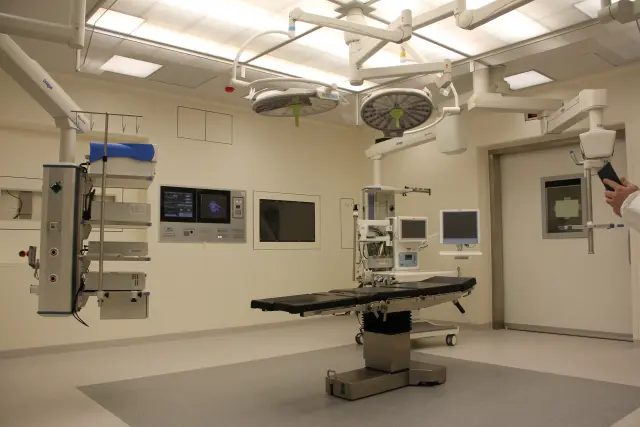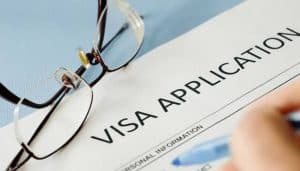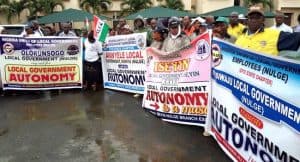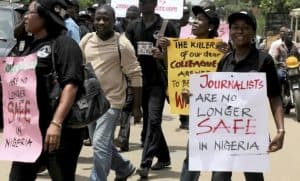
As the general election draws near, desperate politicians would result in making promises, even when the obvious facts point to their impossibility. It is unsurprising since all that matters to them is how pleasing the promises are to voters’ ears.
Peter Obi, a former Governor of Anambra state gaining traction as the preferred presidential candidate of the young population, is not left behind. He promised that his administration would ensure “at least 100 million poor Nigerians have access to free medical services through an integrated health insurance scheme.”
No matter how compassionate this promise sounds, the term “free medical services” is just non-existent as someone somehow needs to pay the doctors and health personnel who provide medical consultation, diagnosis and treatment; not to mention the super expensive cost of drugs.
If we agree that Obi’s medical service is not truly free, then it is a question of who would shoulder the bills.
The government?
Where would the Nigerian government source the funds? It is either the oil wealth or high taxes for the rich. Unfortunately, statistics show both ways as a dead end.
The proceeds from the supposed oil wealth are bouncing back to pay for the government’s subsidised petroleum products and the plethora of rich taxes pay for the government’s bureaucracies and infrastructure.
Read more: Nigerian rich are taxed enough
Read more: NNPC Limited: Subsidy, monopoly could hinder oil industry aspirations
Nigeria and her sister countries in Africa have embroidered themselves more than enough taxes for a developing economy, even “the few companies that are operating in the formal industry will tell you that their first area of concern is over-taxation,” said Kalaa Mpinga, the Chief Executive Officer of Mwana Africa, a pan-African resources company; in response to whether African billionaires should pay more taxes.
Blaming the government’s over-regulation and over-taxation, no less than 11 major multinational corporations, including Shoprite, have either left or signalled their strong intention to leave the country within the last ten years; with the people losing up to 20,000 job opportunities.
If the Nigerian rich are forced to pay more taxes to fulfil the “free medical services” promise, the gross effect is that the rich would start hiding their wealth and avoid paying taxes, drowning the country into an economic mess in the process, noted Angus Deaton, a Nobel Prize-winning Economist.
Notwithstanding, to amass votes, Peter Obi or any presidential candidate would choose to ignore the impossibility signal of free medical services, no matter how obvious that is. Because this kind of promise feeds the populace’s empathy and guarantees the politicians the electorates’ support.
Without using promises to buy votes, a serious politician would seek to solve the problem that shrinks more citizens into poverty — and make the poor self-sustaining.
The problem: “Unfree” economy
According to the Economic Freedom Index’s report, Nigeria’s low economic status termed “mostly unfree” is the result of years of corruption among customs and port officials and other interference which have limited the inflow of business establishments in the country.
“It is hard to run a business or to be gainfully employed in the locales where violence and murder are common occurrence,” the report reads in part.
Individuals thrive in an economically free society where they are free to work, produce, consume, and invest in any way they please; while respecting the freedom of others to do the same.
What the 100 million poor Nigerians need is the existence of businesses to hire them and get employed. There is only one way to achieve this: making the country economically conducive for people to run their businesses.
If the advocates of “free” stuff for the poor are sincere, then they should seek a means that would allow the 100 million poor Nigerians to afford the services on their own. To achieve this, the country needs more economic freedom.







